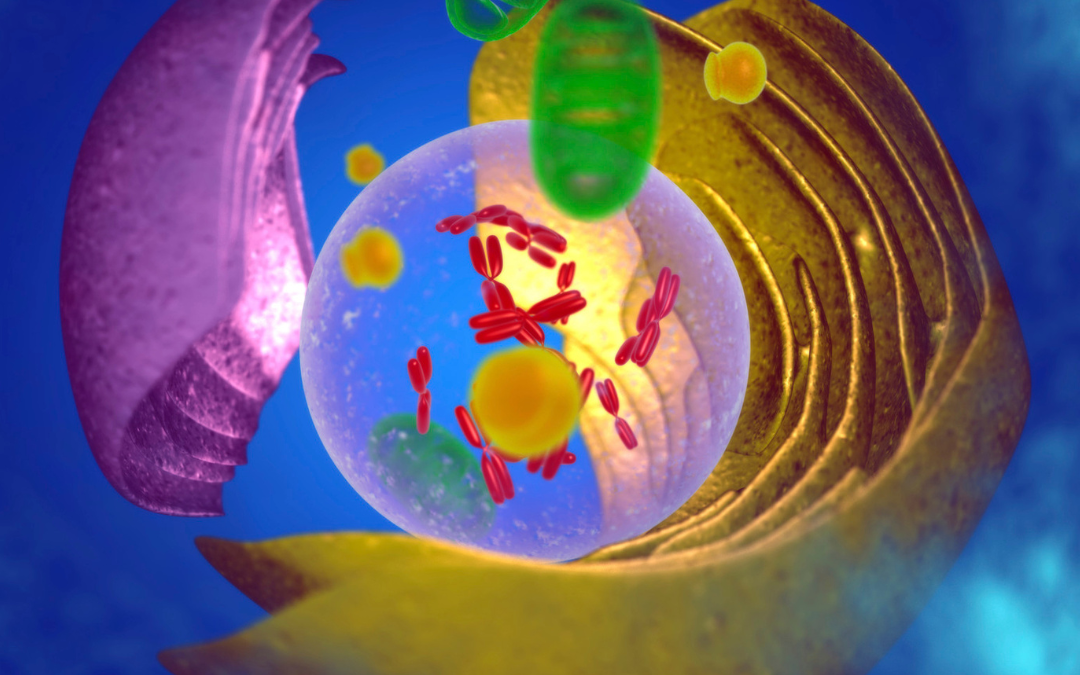The following information regarding the underlying issues related to degenerative diseases comes from Dr. Anthony Martin:
“Nearly every conversation or consultation I had with patients started with some variation of this question: “How’s your ENERGY on a scale of 1-10?”
“The answer to this question gave me good insight into what was happening with the patient. Most people are tired (and oddly enough) they don’t sleep well).
“When they do have energy, it doesn’t last. They’re dragging their feet most of the day, especially in the evening.
“Let’s face it, it is hard to have energy if your hormones, gut, immune system, or metabolic health are a mess.
“A few weeks ago, I was driving when the low tire pressure indicator on the dashboard of my truck lit up. I added some air to the tire and didn’t think twice about it. Then, about a week later, the low tire pressure indicator lit up again. When I got home I checked the tire and sure enough there was a tiny screw embedded in it. My tire had a slow leak. When you’re fatigued (or have lower energy) the same thing happens to a critical part of your cells. Your mitochondria have a slow leak.
WHY MITOCHONDRIA MATTER
“Your mitochondria are the batteries of your cells. If you’re struggling with energy, then your mitochondria are the problem. In life, you know that more isn’t always better. But, when it comes to your mitochondria…MORE is BETTER.
“If you have more batteries — you’ll have more energy. Also, you want BIGGER and HEAVIER mitochondria as well. In short, you want a lot of giant and healthy mitochondria.
“UNFORTUNATELY, that’s not the case for most people. Many suffer from MITOCHONDRIAL DYSFUNCTION. This means they have fewer mitochondria, and the ones they do have are smaller and inefficient. It’s why they’re tired. It’s why they’re dragging their feet all day. And it’s why their energy isn’t what it used to be. (It’s also why they have brain fog…and even pain!)
“You should know that mitochondrial dysfunction can lead to serious health problems like Type-2 Diabetes, Heart Disease, Dementia and Alzheimer’s, and cancer. Mitochondrial dysfunction is one of the first steps to most chronic diseases. This brings us to the million-dollar question…
WHY DO MITOCHONDRIA GO BAD?
“What causes them to break down, die off, or become less efficient?
“The same thing that leads to all diseases: Free Radical Damage, Leaky Gut Syndrome and High Circulating Insulin.
“We call them the 3 SEEDS of DISEASE because any of them will cause inflammation, and that inflammation will lead you down a path toward disease.
“What’s interesting is that for some chronic inflammation will lead to heart disease, for others Alzheimer’s or dementia and some other people are inclined to end up with an autoimmune disease or suffer with hormonal issues.
“You can reverse engineer it back to mitochondrial dysfunction caused by inflammation and the inflammation was caused by either, or all three – Free Radical Damage, Leaky Gut Syndrome, or High Circulating Insulin.
So, when I ask, “How’s your ENERGY on a scale of 1-10?” and they respond with some variation of “Not good” then I know one of the seeds of disease (or all of them) have been going on for long enough to cause inflammation and that has now caused mitochondrial dysfunction.
“When I talked with the patient about how to overcome their symptoms and fix the underlying problem, I start with gut health, metabolic health, and reversing free radical damage.
“Your mitochondria can bounce back. You just have to tackle the underlying cause.”
This is vitally important data from Dr. Anthony Martin.
If you recognize any of these issues in yourself, then we have some suggestions. Qgenics’ mission is to help more people have better health. We can help with ideas that will help correct the underlying issues of chronic inflammation, mitochondrial dysfunction and poor metabolic health.
Diet and lifestyle changes are very important. Cut refined sugar, high carbohydrate foods and ultra-processed foods from your diet. Eat more lean proteins and vegetables. If you are eating a lot of fruit (because you think it’s healthy) cut back to just eating the equivalent of a small handful of fruit a day.
In addition, increase your movement by doing some kind of exercise at least 5 days a week. Even a short walk around your block will help. Start out doing whatever you can and build up from there.

